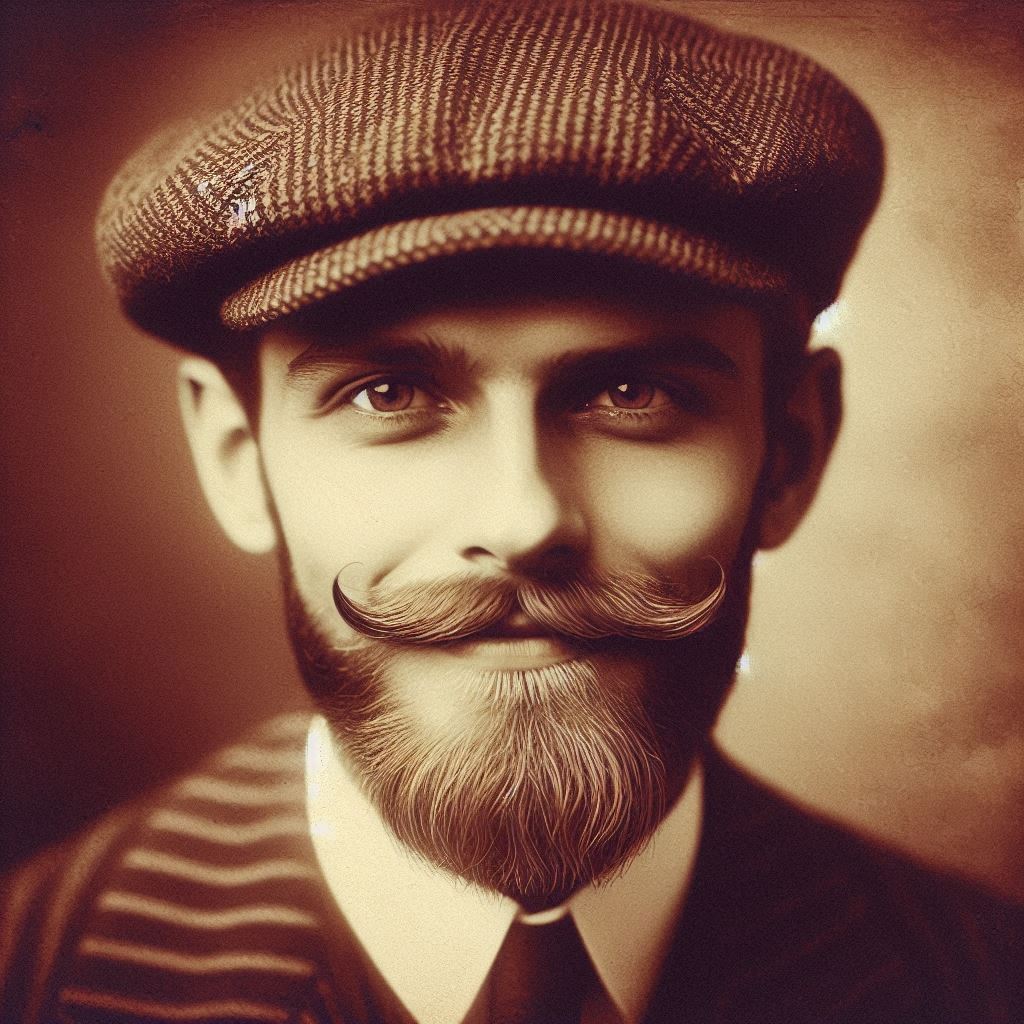Christof Kohnstamm
Christof Kohnstamm is a German communist politician, striker and trade unionist. He is a member of The Communist Party Of Germany , and politician in The German Soviet Republic.
Early Life:
Christof was born in Munich in 1884, both his parents were deeply religious as his father was a priest and mother a nun. The family was very poor, Chirstof sparked a deep hatred for religion because of this, as his parents would just accept their situation and hope for the coming of rapture. This made him a natural rebel, and repeatedly rejected his religious education, often running away.
At 12, his family was evicted, forcing them to move in, with a shared home. Christof, described life there as “Hell”, getting no privacy with strangers. Christof, more hostile to the church, as they refused to give the family relief fund’s.
When he came of age at 18, his parent’s kicked him out, accusing him of being the “Son of Satan”.
Chirstof, then travelled to Berlin, often living in emergency shelter’s, it was here where he started reading left wing newspaper’s eventually being introduced to communism. He fell in love with its ideal’s of liberty and most of all, equal opportunity.
Lead up to World War 1:
Christof, joined the SPD around 1902, finally getting a job as a writer he began making a very small income. In 1913, he supported a call of Rosa Luxemburg for a mass strike as a means of action of the SPD to enforce political demands. In January 1915, he was called up for military service, and he resisted, trying to flee to Denmark, and was sent to prison for most of the war, he continued to smuggle articles out of prison.
Chirstof was later released on the outbreak of German revolution of 1918–1919. Joining the KDP, he started helping the revolution by aiding uprisings, before being arrested again. However, was let go over after being bailed out friends. Around this he began to disagree with many KDP policy and started identifying as a self-described as "Revolutionary Unionist".
His ideology "Revolutionary Unionism" is a radical political ideology that combines workers' democracy, direct action, and permanent revolution. It advocates for the constant mobilization of workers and oppressed people to challenge capitalist structures, aiming for the continuous transformation of society. This ideology rejects both the gradualism of reformist socialism and the authoritarian methods of Leninist-style communism. At its core, it promotes decentralized, direct democratic structures where workers’ councils and syndicates hold the power to organize and direct both political and economic affairs.
KDP:
Following the assassination of Leo Jogiches, Paul Levi became the KPD's leader. After this time, he began to disagree and started identifing as a self-described as "Revolutionary Unionist" .
His "Revolutionary Unionism" is a radical political ideology that combines workers' democracy, direct action, and permanent revolution. It advocates for the constant mobilization of workers and oppressed people to challenge capitalist structures, aiming for the continuous transformation of society. This ideology rejects both the gradualism of reformist socialism and the authoritarian methods of Leninist-style communism. At its core, it promotes decentralized, direct democratic structures where workers’ councils and syndicates hold the power to organize and direct both political and economic affairs.
This put him in opposition to Paul, however he earned the support of figures like Taushev Aleskeevich and Loan Troskty. He was able to create a small faction within the KPD.
The fellowing successful the Kapp Pustch, resulted in the communist’s under Heinrich Brandler and later Paul Levi to rise up, proclaiming “The German Soviet Republic”, taking much of East Germany. A civil war began, between Communist’s led by Paul in the east and Kapp’s government in the west.
Levi led the party away from the policy to a more forgiving stance towards perceived enemies of the revolution, in an effort to win over supporter’s SPD and USPD. As the West restored the monarchy and out-lawed any leftist party, supporters of the Weimar fled to the East still living in exile, escalating the chaos of the Civil War.
Lenin, tried to pressure Paul to adopt a hard stance on the SPD, demanding a ban and crackdown. However, Paul refused, leading the Soviets to plot to replace him with Heinrich Brandler someone who was more in line with Lenin.
Eventually, Levi was removed in 1921 by the Comintern for "indiscipline" replaced by Heinrich Brandler. Many of Christof's supporters were purged from the party, leaving him isolated
Post-Civil War:
Christof's has been increasing sidelined from the KDP and after the ceasefire in 1922, Christof is trying his best to reassure influence but his time in the party might be limited.




Comments